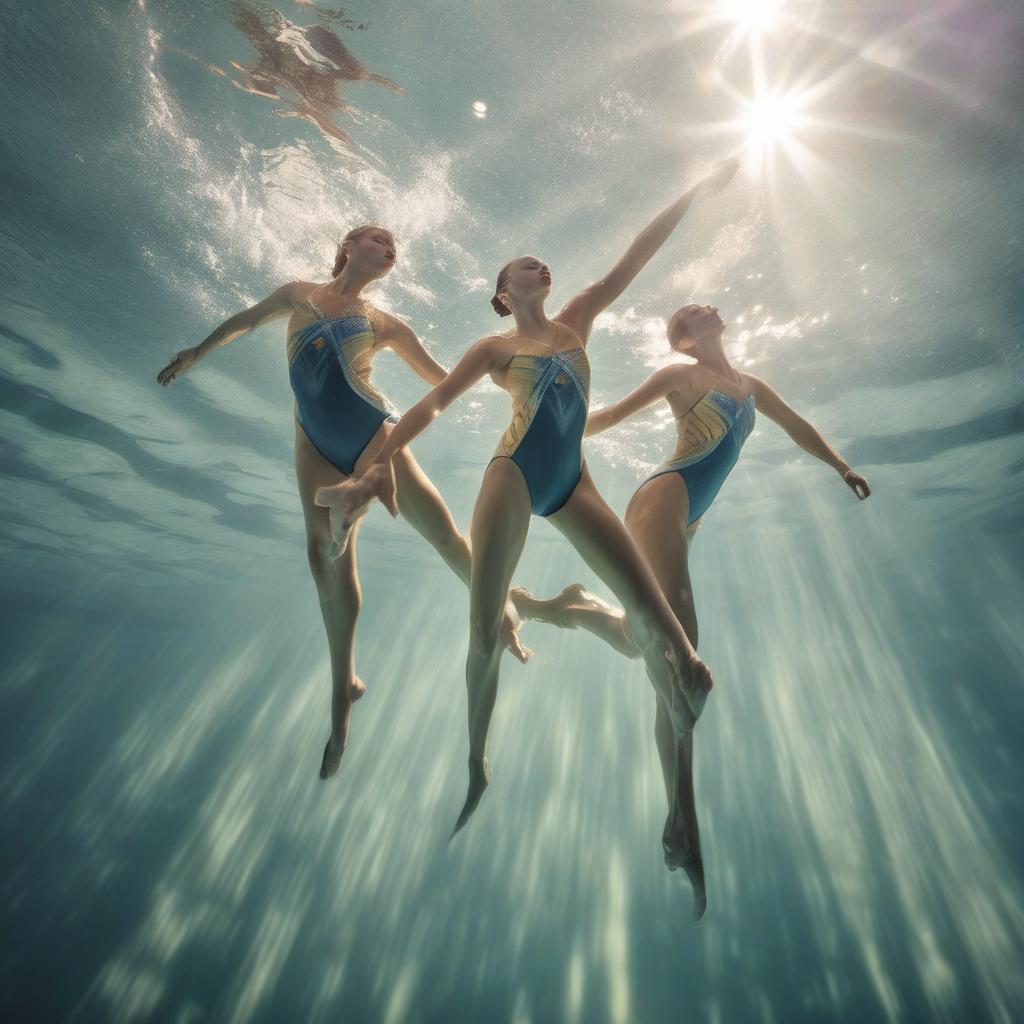Diving into the World of Aquatics: Sports, Skills, and Strategy

“`html
When you hear the word “Aquatics,” what comes to mind? Maybe it’s the image of synchronized swimmers gliding in unison or divers cutting through water like it’s paper. Aquatics encompasses a vast array of water-related sports and activities, each with its unique charm and challenges. It’s a broad umbrella under which you find everything from competitive swimming to more leisurely pursuits like water polo or even underwater hockey.
The Allure of Being in Water
People have been fascinated by water for as long as we can remember. There’s something almost magical about how water can be both soothing and challenging. It’s probably why aquatics have become such a popular pastime and competitive field. The body feels different in water—the buoyancy, the resistance, and the way it moves. For many, it’s a form of therapy, for others, a thrilling competition.
Competitive Swimming: The Core of Aquatics
Competitive swimming is often what people think of first when they hear “aquatics.” It’s one of the original Olympic sports, both demanding and rewarding. Swimmers spend countless hours perfecting their strokes. Freestyle, backstroke, breaststroke, butterfly—each requires its own technique and form. Training can be brutal, with early morning practices and grueling workouts.
Swimming: A Sport and a Skill
But swimming isn’t just competitive. It’s a life skill. Nearly every beginner swim lesson starts with blowing bubbles and floating. From there, the journey can go anywhere—even to competing at the highest levels, or simply enjoying a lap in a local pool.
Diving Into the Deep End
Then, there’s diving—a sport that combines acrobatics with aquatic skills. It’s not just about jumping off a board; it’s about precision, grace, and conquering fear. The thrill of twisting, flipping, and entering the water with barely a splash is unlike any other. Divers train to perfect their form and minimize splash, often beginning at a young age to master the skills needed to compete at high levels. More on diving details can be found at this resource.
Water Polo: The Ultimate Team Sport
Water polo might not be as well-known as swimming, but it’s fiercely competitive and physically demanding. Imagine soccer, but in water. Players need endurance, strength, and a strategic mind to navigate the pool while managing the ball. It’s a full-contact sport, often more intense than it looks to the casual observer.
The Role of Strategy in Water Polo
Each team aims to outscore the other, with players treading water (often for long periods) and executing plays with precision. It’s an exhilarating sport to play and watch. Teams rely on a mix of speed, skill, and teamwork to overcome opponents. The aspect of team coordination is just as critical as individual talent.
Synchronicity and Artistry in Synchronized Swimming
Synchronized swimming—now known as artistic swimming—is like ballet but in water. It combines dance, swimming, and gymnastics, requiring athletes to perform intricate movements synchronized with music. It’s a blend of athleticism and artistry, judged on both technical and artistic merit.
- Flexibility
- Endurance
- Artistic Expression
These are just a few of the key elements that make synchronized swimming a captivating part of aquatics.
The More Unconventional Aquatic Sports
If you’re interested in aquatics but looking for something a bit off the beaten path, you might explore sports like underwater hockey or water aerobics. These activities offer different but equally rewarding experiences.
Underwater Hockey and More
Underwater hockey is a unique game played on the bottom of a pool. Players use small sticks to push a puck into the opposing team’s goal. It’s fast-paced, demanding breath control and team strategy. Less mainstream, yes, but incredibly fun and challenging.
For those more interested in fitness than competition, water aerobics provides a low-impact workout that can be customized for any fitness level. The water resistance adds an extra challenge to exercises, making it effective for building strength and flexibility without stressing the joints. You can dive deeper into aquatic sports at this article.
Benefits of Engaging in Aquatic Activities
Aquatics offer numerous health benefits, both physical and mental. Swimming, for instance, uses nearly every muscle group, providing a full-body workout. It’s also a low-impact activity, reducing the risk of injury while promoting cardiovascular health.
| Benefit | Description |
|---|---|
| Cardiovascular Health | Improves heart and lung function. |
| Muscle Strength | Engages multiple muscle groups for a full-body workout. |
| Stress Relief | Promotes relaxation and mental well-being. |
| Low Impact | Reduces stress on joints, suitable for all ages. |
Being in water also has a calming effect, reducing stress and anxiety. This is why many people turn to aquatic activities for mental as well as physical health.
Getting Started with Aquatics
Interested in diving into the world of aquatics? Consider starting with a beginner swimming class or joining a local water polo team. Many communities offer aquatic programs for all levels, so it’s accessible whether you’re looking to improve your swimming skills or compete at a higher level. If you’re an athlete looking for gear, this store might have what you need.
Exploring aquatics can open the door to new experiences and friendships. Whether you love the thrill of competition or prefer more leisurely water activities, there’s something for everyone.
FAQs About Aquatics
- What age should you start swimming lessons? You can start as early as infancy with parent-child water classes. But there’s no wrong age to start learning.
- Is water polo difficult to learn? It can be challenging, especially for beginners. It requires a mix of swimming skills and game strategy. But with practice, it becomes easier.
- What’s the difference between synchronized swimming and artistic swimming? They are essentially the same, but the name changed to better reflect the sport’s artistic elements.
- Can I participate in aquatic sports if I’m not a strong swimmer? Absolutely! There are plenty of activities suited for various skill levels, and improving your swimming can be part of the process.
- Are there health benefits to underwater hockey? Yes, it improves cardiovascular fitness and requires breath control, making it a great exercise for both body and mind.
So there you have it—just a casual dive into the vast ocean of aquatics. Whether you’re a seasoned swimmer or a curious beginner, there’s always something new to discover in the water.
“`


